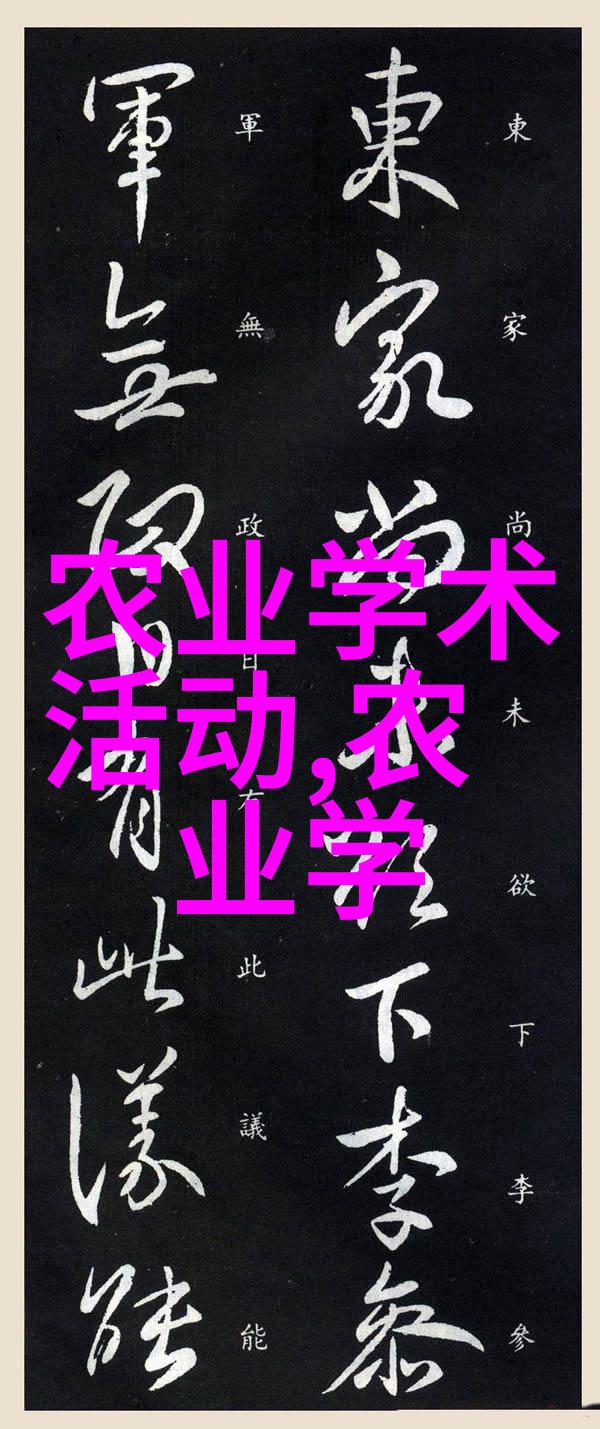如何理解我国经济体制改革的基本思路和主要内容
在探讨我国经济体制改革的基本思路和主要内容之前,我们首先需要了解这四大政策是什么,它们是怎样影响了中国经济发展以及国家治理结构。这些政策包括但不限于市场化、国际化、法制化以及绿色发展等。

首先,市场化是指通过放宽对企业的限制,鼓励私营部门参与到社会生产中来,使得资源配置更加灵活多样,这种方式能够提高效率,促进创新,同时也为个人创造更多就业机会。在这个过程中,不仅仅是商品和服务市场被开放,更重要的是劳动力市场得到了充分自由流动。这一方面推动了消费升级,一方面激发了企业创新能力,使得中国从计划经济向混合所有制经济转变。
其次,国际化意味着在全球范围内扩大国内产业链与供应链,为国内企业提供更广阔的舞台,让他们能够接触到世界各地的技术、管理经验及产品设计,从而提升自身竞争力。在这一过程中,我国积极参与全球治理体系,与其他国家共同应对全球性问题,如气候变化、中东地区冲突等,同时也利用国际合作机制来提升自身实力的同时,也为解决国内外问题提供了新的途径。

再者,法制化则是在法律框架下进行社会管理,是为了建立一个公平正义、高效运行的社会环境。它不仅涉及到民商事法律,还包括刑事司法制度,以及行政执法体系。在这样的背景下,我国不断完善宪法、立法体系,并加强法律执行力度,以此保障公民权利和维护社会秩序。
最后,绿色发展作为国家战略的一部分,是为了实现可持续发展目标,即在满足当前需求的同时,不损害后代满足自己的需求。这种策略要求我们在工业生产时减少污染物排放,在农业生产时优先考虑生态保护,在城市建设时注重节能减排,从而构建一个清洁高效环保型能源系统。这对于缓解气候变化、改善生态环境至关重要,对于提升居民生活质量也有直接影响。

综上所述,我国四大基本政策——市场化、国际化、法制化以及绿色发展—are not only the fundamental principles guiding China's economic development but also the key elements in shaping a new pattern of sustainable and balanced growth. They are interconnected and interdependent, forming a comprehensive system that supports each other to promote social progress and national rejuvenation.
Through these policies, China has made tremendous progress in its modernization drive, transforming itself from an agrarian society into an industrial powerhouse with the world's second-largest economy. The country has become an important player on the global stage, contributing to global governance and cooperation while learning from international best practices.

However, as China continues on its journey towards high-quality development, it must navigate complex challenges such as structural imbalance, environmental degradation, income inequality and social unrest. To address these issues effectively requires further refinement of these basic policies and their implementation at all levels.
In conclusion, understanding my country's economic policy reforms is crucial for grasping the dynamics of our nation's transformation. By examining market-oriented reforms that have opened up opportunities for private sector growth; by embracing globalization that connects us to diverse cultures; by establishing legal frameworks that uphold justice; and by promoting green initiatives that protect our environment - we can better appreciate how China is evolving into a modern nation with a bright future ahead.

This article aims to provide readers with insights into four core aspects of Chinese economic policy reform: marketization (market-oriented), internationalization (global integration), legalization (rule-based governance)



